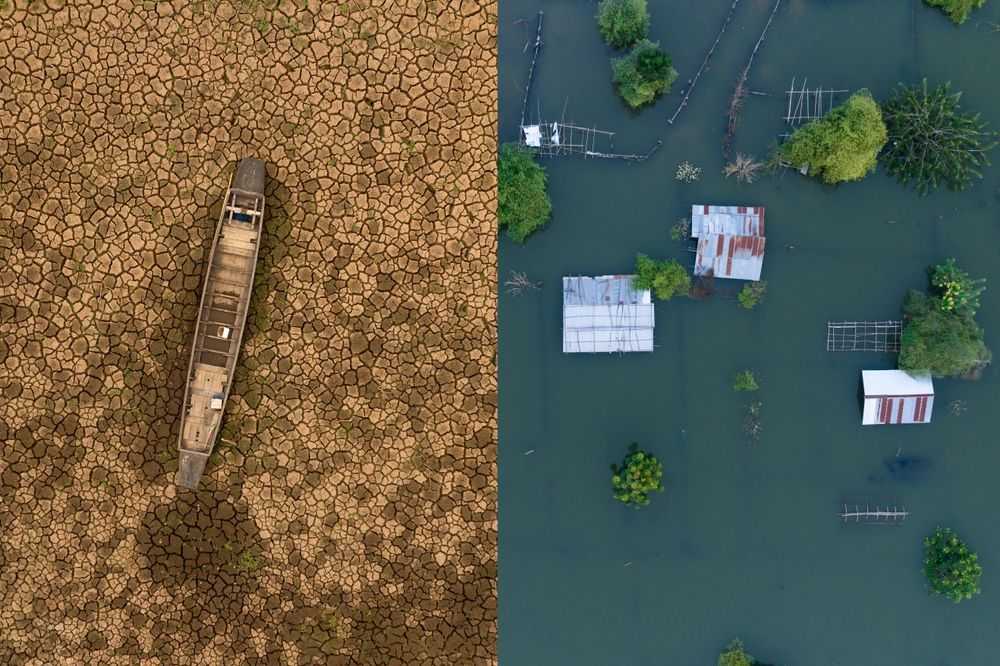The workshop, organized by Sciences Po’s Social-Ecological Transitions (SET) initiative and supported by the EP+ project, will be held on June 19-20, 2025. It addresses the emerging “social-ecological risks” stemming from the climate crisis, which are expected to impact welfare states globally by altering the incidence and distribution of social risks. These risks result from both biophysical changes, such as extreme weather, and the unequal effects of environmental policies. The workshop aims to explore key questions about these social-ecological risks, including their nature, affected populations, and how welfare states can respond.
The program features interdisciplinary discussions on defining and operationalizing social-ecological risks, mapping them in different global contexts, and examining coping strategies. Notable sessions will cover the political economy of social-ecological attitudes, international policy paradigms, and the institutionalization of social-ecological policies. The workshop also focuses on potential new policies designed to tackle these risks and contribute to the transition to a more resilient welfare state.
Participants include scholars from various universities, and the schedule includes presentations, discussions, and networking opportunities. The goal is to foster a deeper understanding of the interplay between ecological issues and social policy in light of ongoing ecological crises, including climate change and species extinction.



